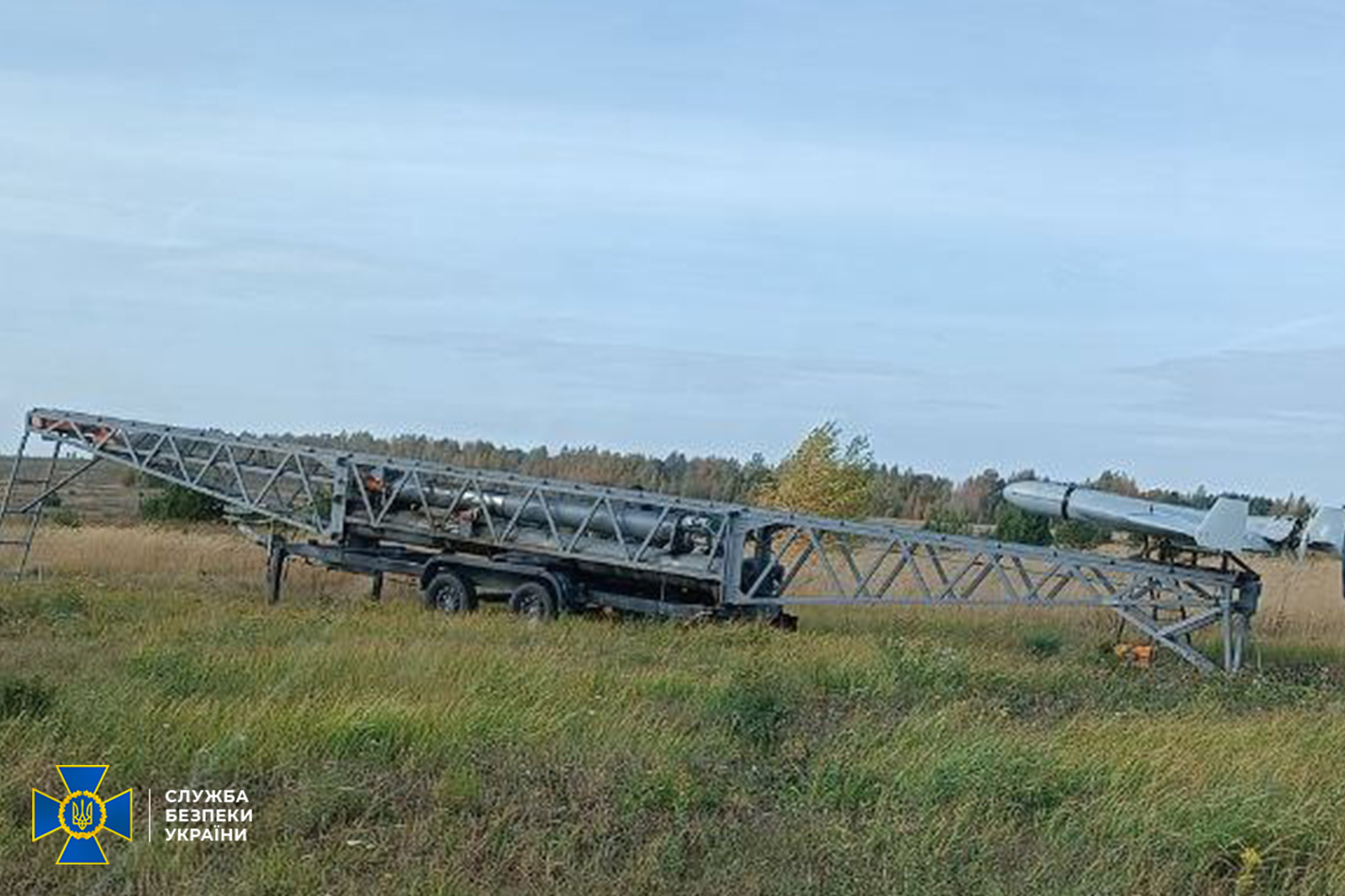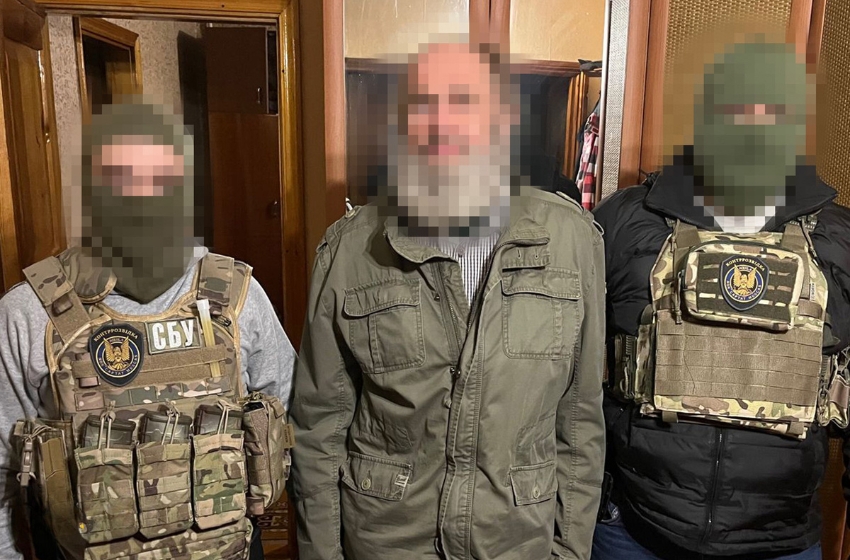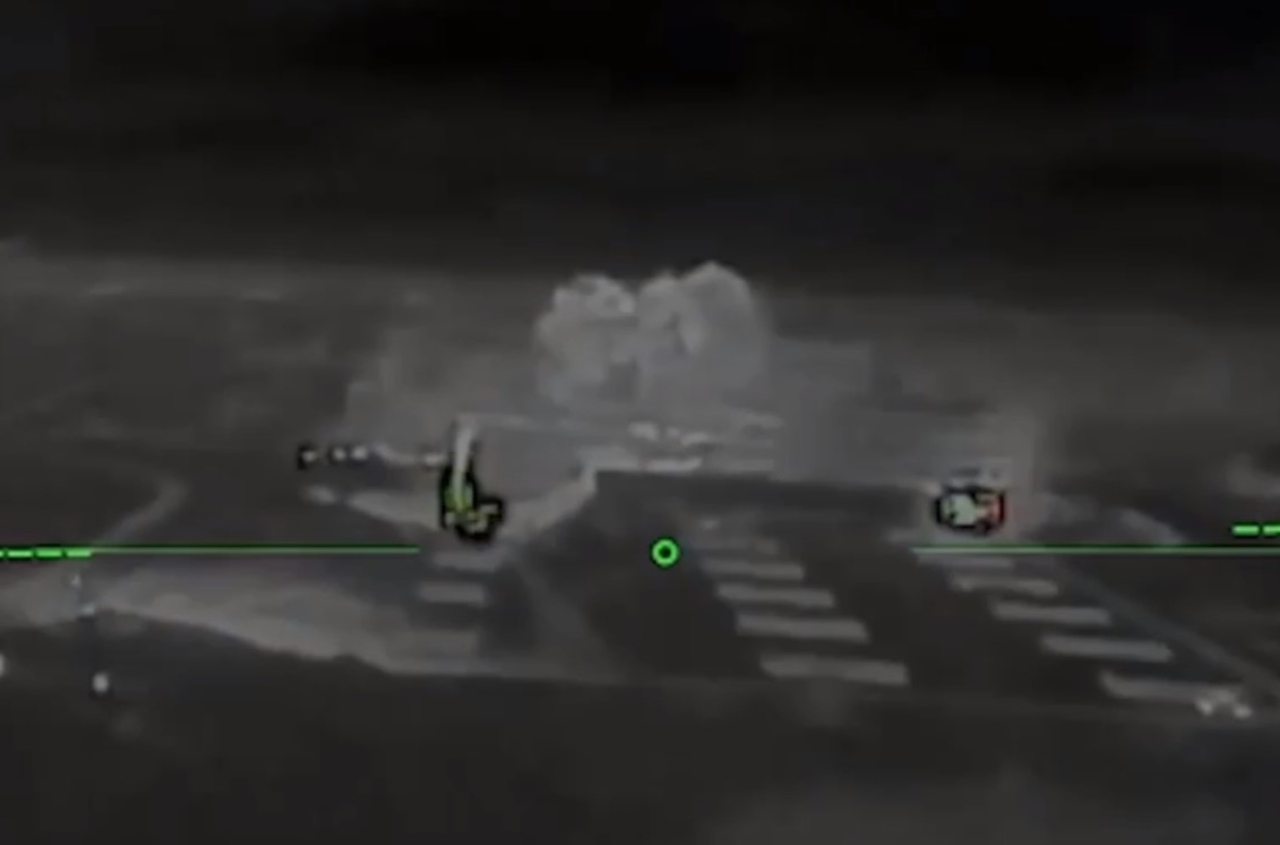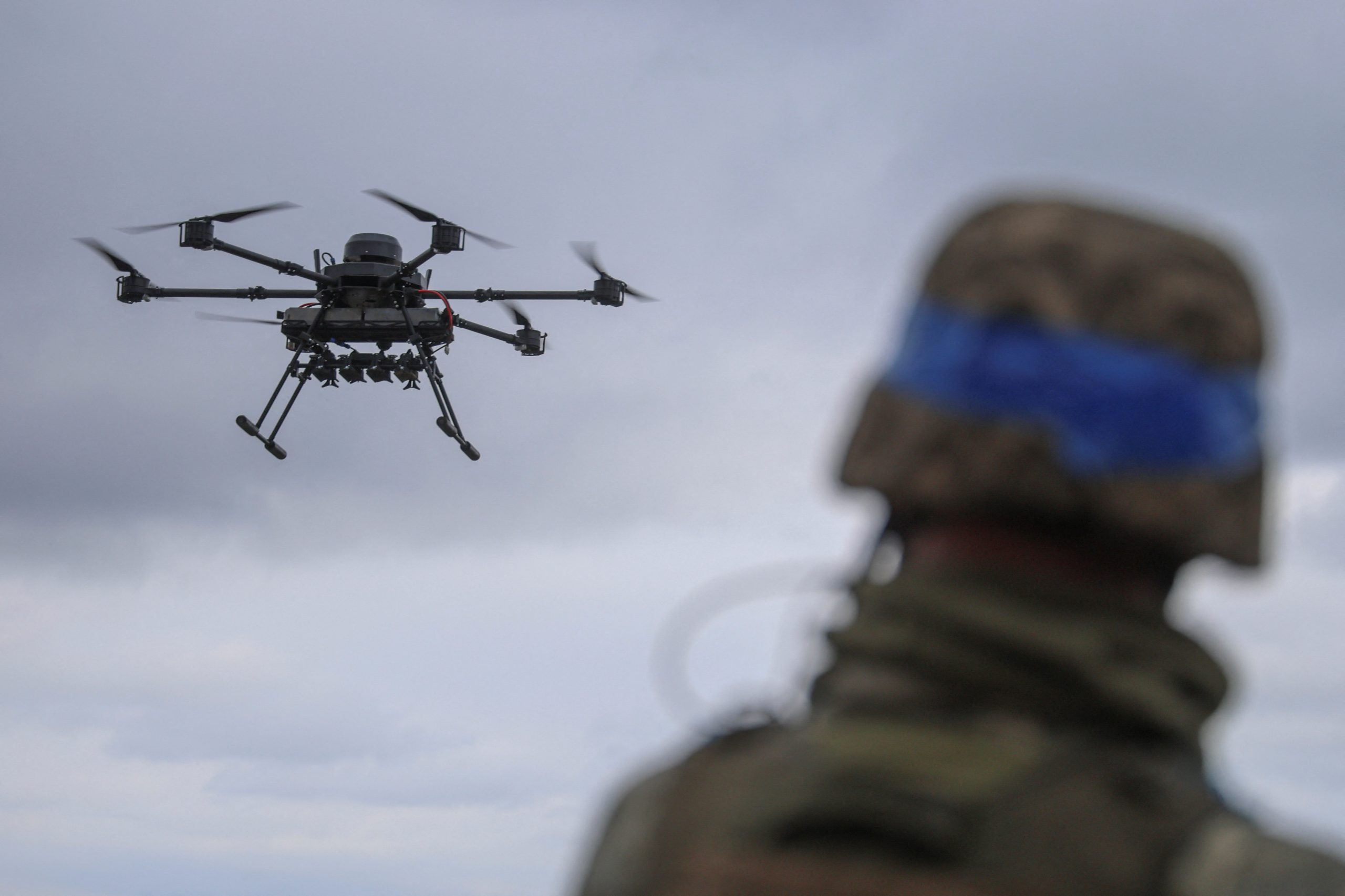Counterintelligence of the Security Service detained an Russia's accomplice in Kharkiv who was working for the military-industrial complex of Russia.
He turned out to be a 72-year-old mechanical engineer who developed blueprints for improving Shahed kamikaze drones on behalf of the Russians. Specifically, he worked on upgrading engines and catapult systems.
According to the investigation, the individual remotely transmitted technological developments to an acquaintance, the CEO of a Russian machine-building plant that produces components for drones.
Since 2023, this enterprise has closely collaborated with a Russian company that manufactures strike drones labeled by the Russians as Geran-2.
For communication with his Russian accomplices, the Kharkiv resident used email and a popular messenger. He disguised his collaboration with the Russian forces as the preparation of scientific papers in the field of UAVs.
The investigation established that the scientist involved a former student in the project work, who fled from Kharkiv to Russia at the beginning of the full-scale war.
There, he got a job at a Moscow technological university, where he develops drones for the Russian armed forces.
Counterintelligence agents of the Security Service documented the crimes of the Kharkiv scientist and detained him at his residence in the regional center.
During searches, they seized computer equipment, a mobile phone, and flash drives with evidence of subversive activities in favor of Russia.

SSU investigators informed the detainee of suspicion under Part 1 of Article 111-2 of the Criminal Code of Ukraine (aiding the aggressor state).
The offender is currently in custody. He faces up to 12 years of imprisonment with confiscation of property.
Additionally, it is planned to inform the accomplice of the detainee—his former student hiding in Russia—of suspicion in absentia.
Comprehensive measures were conducted under the procedural guidance of the Office of the Prosecutor General.




















